The post-emancipation struggles in Trinidad and Tobago of the African masses, with support and alliance of the Indian working class on occasions, reached its zenith in 1956 with the emergence of the People’s National Movement (PNM) as a political party led by Dr Eric Williams.
The national liberation movement, the struggle for self-determination and independence, the nationalist movement, the social revolution; a political awakening was unfolding in Trinidad and Tobago and it was unstoppable.
In the early half on the 20th century (1919-1937), this movement was led by progressive intellectuals and professionals who had formed political organisations, and by the Trade Union Movement. It was supported and dominated by the African working class. However, in 1956, the stage was set for the PNM to take control of the leadership of the movement with the fervent, zealous and loyal support of the African masses. Its leadership was predominantly African but there were also Indians and Europeans among the leadership ranks.
From its inception, the local elite was fearful that the movement was a threat to their privileged positon and their vested interests. The Indians, for their part, distrusted and feared the African majority and believed that PNM in power would present an obstacle to the aims and aspirations of the Indian community.
The PNM sought to dispel these doubts and fears at the inaugural conference held on 15 January 1956, by discussing, approving and adopting “The People’s Charter”, containing its vision, policies and principles. In the Charter, the party, among other things, rejected the socialist ideology but was committed to the democratic development of the Trade Union Movement. It was committed to the development of a democratic capitalist welfare state with an open mixed economy involving state participation in the economy. It made the point that capital must be responsible to the legitimate democratic and nationalistic aspirations of the worker.
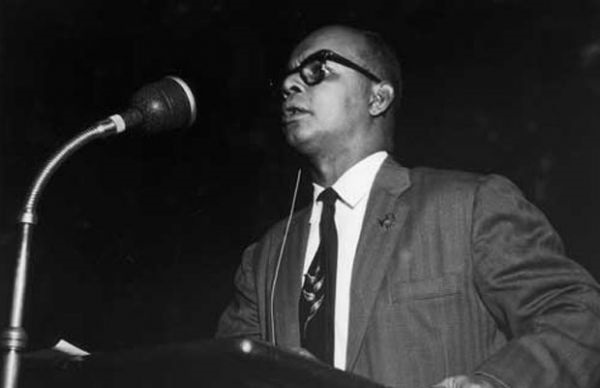
The PNM won the 1956 elections and subsequently, in the 1961 elections, the party again sought to reassure the local ruling elite and the Indian community by advocating and promoting themes of 1) national independence, 2) equality, and 3) interracial solidarity.
In the face of fierce and consistent opposition from the upper and middle-class elites, the Roman Catholic Church and the Indian community, Dr Williams, in November 1961 stated: “If there is any group in the community which is going to defend democracy and self-government, that group is the workers. If any group is the repository of patriotism, that would be the workers of the country. No government will survive without the point of view of the labour movement behind it. The workers are the force of the future” (Race and nationalism in Trinidad and Tobago by Selwyn Ryan I.S.E.R UWI p258). And again: “… today one has to go down to the mass movement … for the expressions of patriotism, decency and self-respect.” He also referred to the middle-class blacks as “social climbers, unconcerned about the needs of the masses” (November 1961 Selwyn Ryan, 277).
The PNM won the elections, and since that date, in its terms of office, it has been struggling to fulfill its promise to the working class of Trinidad and Tobago to build a democracy where every creed and race finds an equal place, and where no citizen is left behind.
It is now 58 years since our independence on 31 August 1962 and objective reality shows that:
- For the most part, we have established a right-wing, market-driven capitalist democracy that has accommodated the vested interests of the ruling elite and the interests of the different racial groups—which the PNM had promised to do during the 1961 general election in Trinidad and Tobago.
- The working-class interests, also accommodated in the welfare state policies of successive governments, have largely been neglected. The economic policies of successive governments have favoured corporate interests and disadvantaged the working class.
- The PNM has supported this approach, notwithstanding its statement in the “People’s Charter” that “The workers today require inducements, incentives and guarantees just as much as the investor does.” And although Dr Eric Williams, as the leader of the party, in a speech given at St George County Council Hall said: “You take from those who had too much too long and distribute it among those who had too little too long” (Ryan, 273).
- The result of this policy has been the continuation of unfair and discriminatory employment practices e.g. recruitment of workers, particularly managerial positions, and low wages. It has led to a substantial increase in economic inequality between the upper- and the upper-middle-class on one hand, and the working class on the other. This policy has also enlarged the lower-middle-class while the upper-middle class shrank. The increasing gap between the returns on capital and the returns on income means that the businessman, the capitalist, is taking too large a share of the wealth produced by the worker.
- The integration and cross-cultural relations, interaction and accommodation of the African and Indian groups continue to take place, notwithstanding the underlying creative tension of ethnic conflict caused by the failure of successive governments to formulate and implement a progressive and effective multicultural policy.
- All ethnic groups in the society have, to a significant extent and to different degrees, been assimilated into the European and North American culture as “mimic men/women”. As a result, the European and North American cultures continue to dominate society. This situation presents a formidable obstacle to the continuing emergence of a local culture that is free from the materialism, consumerism, neoliberalism, individualism, hedonism, violence and nihilism of the metropolitan societies; and
- The African group, unlike the Indian community, has made no significant progress or headway in attaining a stake in the economy in its leading sectors. It is subjected to discrimination, marginalisation, manipulation, exploitation and oppression, not only as a racial group but as a “have not” community occupying, for the most part, the lower income levels of the society. A position they occupy with the working class of other ethnic groups.
The objective fact shows that the creation of a capitalist economy, notwithstanding the efforts of the economists and the government, has not brought any significant benefits to the working people.
On the contrary, it has been creating serious problems and obstacles to the creation of a fair and just social order; one that is free from racism, narrow individualism, exploitation, inequality and lack of social, community and national consciousness. Its emphasis is on materialism and the accumulation of profits and wealth even at the expense of the common good.
The failure of the capitalist economy to deliver to date means that we must intensify our efforts to find ways to diversify and transform our economy to achieve structural transformation and sustainable development. The emphasis must be on strategies to create more equality of opportunity and equality of income and wealth, and for the advancement of the working class and the working people.
We must now seek alternative modes of economic development by refocusing on and intensifying the development of the small business sector and the cooperative sector. The philosophy of the latter sector ensures that the profit motive is subordinated to human rights and the meeting of human needs.
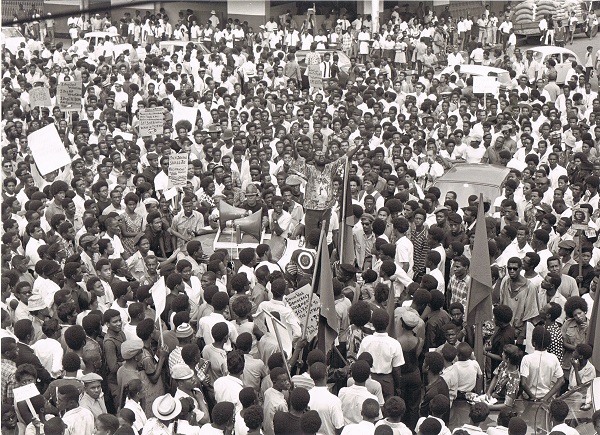
The PNM, in reaction to the Black Power Revolution of 1970, reassessed its policies and in its “Perspectives for a new society” it inter alia, outlined its “plans for greater economic power for the historically dispossessed groups, a more equitable distribution of the social product, and greater popular participation in decisions affecting the community” (Ryan p451).
The PNM government decided to adopt a new approach to the “People’s Sector”, developing and promoting the cooperative sector as a viable growth sector and, therefore, proposed to use the cooperative as an instrument to organise small-scale economic activities, including small scale agriculture. It also made a commitment to creating an infrastructural environment that was conducive to the development of the small-scale business sector (Sharks and Sardines Selwyn Ryan and Lou Anne Barclay 1992 ISER UWI).
The PNM must now, as a matter of urgency, take another look at its policy of developing the cooperative sector. It should continue its efforts in collaboration with the stakeholders to strengthen the credit union sector. It must be developed to enable it to provide the finances needed as venture capital by the cooperatives and small business enterprises in other areas of the economy.
For example, if the government decides to continue to implement Lloyd Best’s idea to develop the pan yards as “centres of excellence”, a properly funded, organised and monitored credit union sector can provide, in conjunction with other appropriate lending agencies, the funding and technical expertise needed for the takeoff of these sectors. It can also play a part in the funding of cooperatives in the agricultural sector.
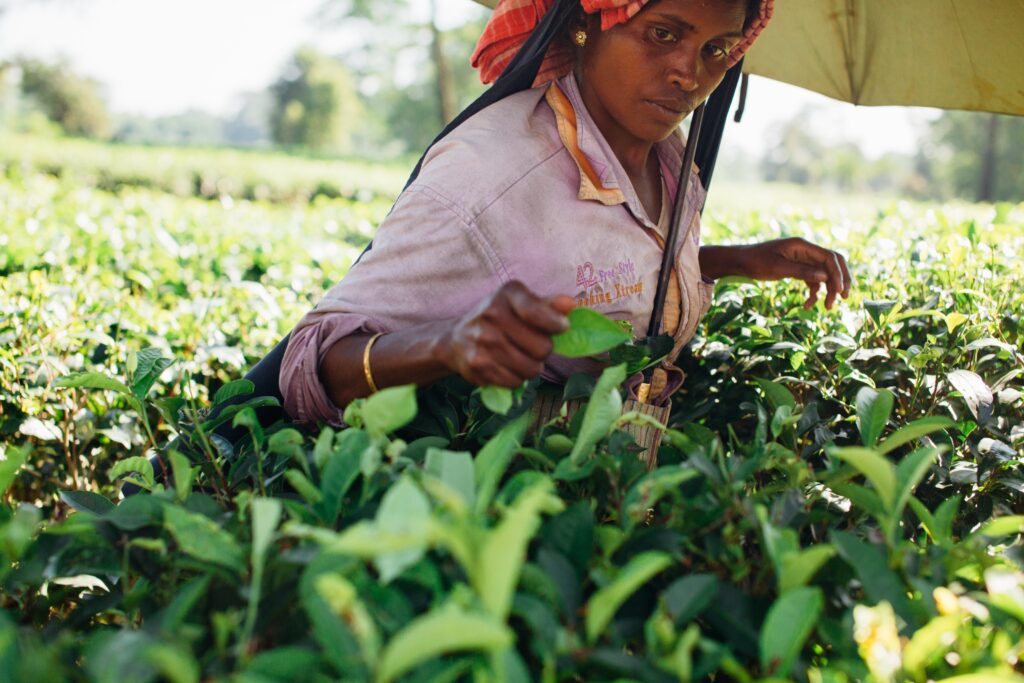
The PNM must again revisit its vision and principles and develop the courage and integrity to implement transformative and systemic changes to the economy, our political, social and cultural relations and our education system, to create a more equitable and progressive social order.
The citizens of Trinidad and Tobago have a very important responsibility and role to play in motivating the government to implement the necessary policies and strategies needed to bring about urgent and fundamental change. We must make the effort to wake up from our slumber, our ignorance, indifference, complacency and apathy. We must become independent and critical thinkers. We must become a politically educated and informed society to intensify the national debate on the way forward. We must overcome our bad habits and attitudes and deal with the issues free from prejudice, preconceived notions, inflexibility, self-centeredness and self-delusion.
This is the only way we will be able to successfully achieve the objectives of the national liberation movement and move our democracy in a more progressive direction. We must become aware that our independent nation is growing in age but the citizens are slow in their growth towards attaining political maturity and social consciousness. We must grow up and take the steps to dramatically and directly influence the direction in which our democracy is moving.
Frederick Douglass, an ex-slave in mid-nineteenth-century America, a brilliant orator once said: “Power concedes nothing without demand. It never did and never will.”
We know that the elite work tirelessly, continuously, and with determination to maintain their power, status, wealth, privilege and influence.
It is also clear that logic, rational and credible argument does not guarantee that an individual or group will change its position on an issue or its attitude, especially if the status quo favors them/it.
It is, therefore, the duty of each and every citizen and supporter of a political party to be informed to overcome loyalty based on irrationality and to hold our leaders accountable to us. We must demand from our leadership genuine consultation, transparency and accountability with sanctions against noncompliance.
We must see that our political leadership elite, the business elite and their professional advisers, and other upper-level careerists are the ones that are gaining substantial economic benefits. Meanwhile, the working class receive the dregs that “trickle down” from the top.
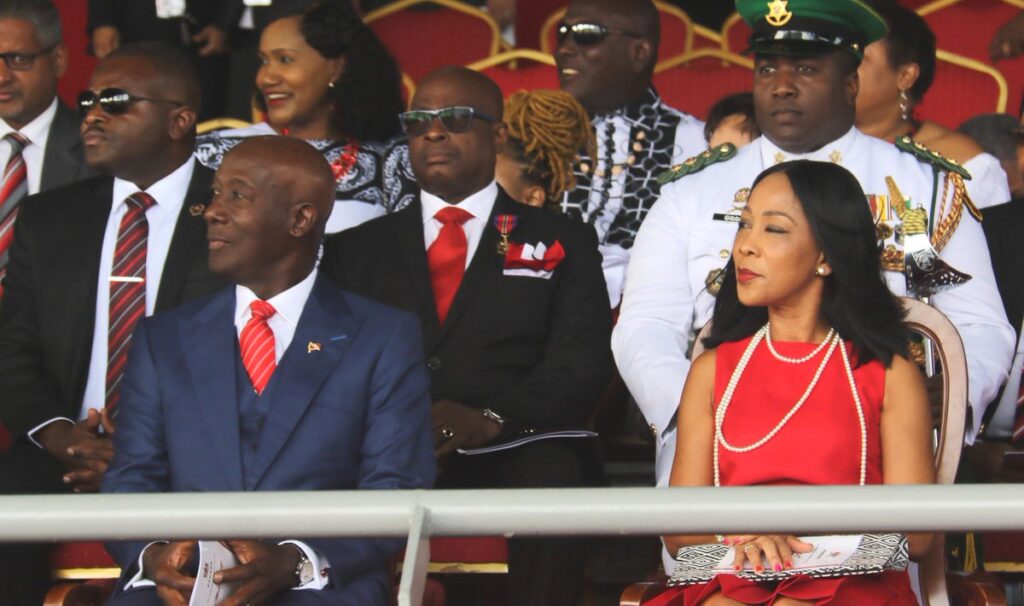
We must change our behaviour and beliefs and stop supporting our leaders on the basis of misplaced loyalties, racism, tribalism and prejudice—an approach that is self-defeating and places us at a disadvantage in our consistent struggle for life, liberty and the pursuit for happiness. In effect, we set up ourselves for abuse by those with a self-serving agenda.
We owe it to ourselves to be open to other viewpoints, to fight resolutely against manipulation, distraction, and superficiality. And we must focus on the issues to arrive at a resolution after frank, courageous, questioning and respectful debate and discussion.
We must not wait for our leaders, but we must help ourselves by directing, demanding, advancing and being the impetus for genuine change in our society.
We must demand that “talk” by all concerned must occur simultaneously with concrete actions, so that we will advance the development of our society in a timely manner. We need and must have a national debate on the many issues involving all citizens as a matter of urgency. This must be immediately followed by concrete actions to collectively advance the common good and build our democracy.
The PNM must recognise that the democratic revolution in the West Indies is “unfinished business” (The Democratic Revolution in the West Indies, Wendell Bell, 1967). They have the power to achieve this objective in Trinidad and Tobago in a peaceful, non-violent manner by finding a just, reasonable and principled way to deliver to the working class and working people.
The government is required to deliver on its promises as our duly elected servants and agents acting on our behalf to build a new society based on genuine social justice and democracy. According to Joy Degruy Leary in her 2005 book Post Traumatic Slave Syndrome: “We need a community of leaders to expand our base of role models, show us paths to success, guide and mentor us … We need our leaders to be men and women of principle. We need them to be courageous, audacious and humble servants. Most of all we need them to remain cognizant and respectful of their connection to those they would lead.”
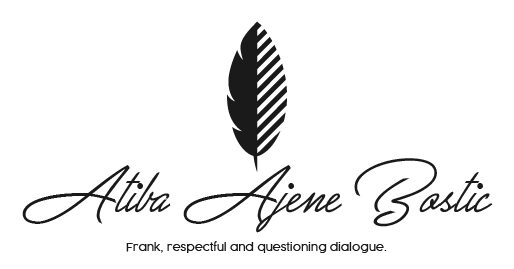

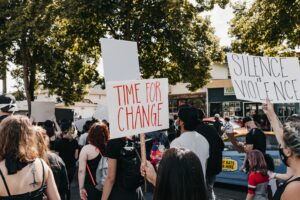
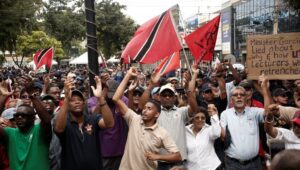
Comments
This is great work and patriotism we need more people like you that sees the vision in my lifetime i cannot see this with the younger folks the ministers that is now in the government so far i cannot say stands out. i would like to see this in my lifetime here but all i see so far is a copy of the Europeans world.. the country need more folks like you This was history for me
This is great work and shows patriotism We need people like you to see the Vision in my present time i cannot se this with the younger folks the government ministers so far no one has stood out to me to be a leader i would wish to experience this in my lifetime so far i see we love to copy European world style The country needs a leader someone like you great job this is history for me